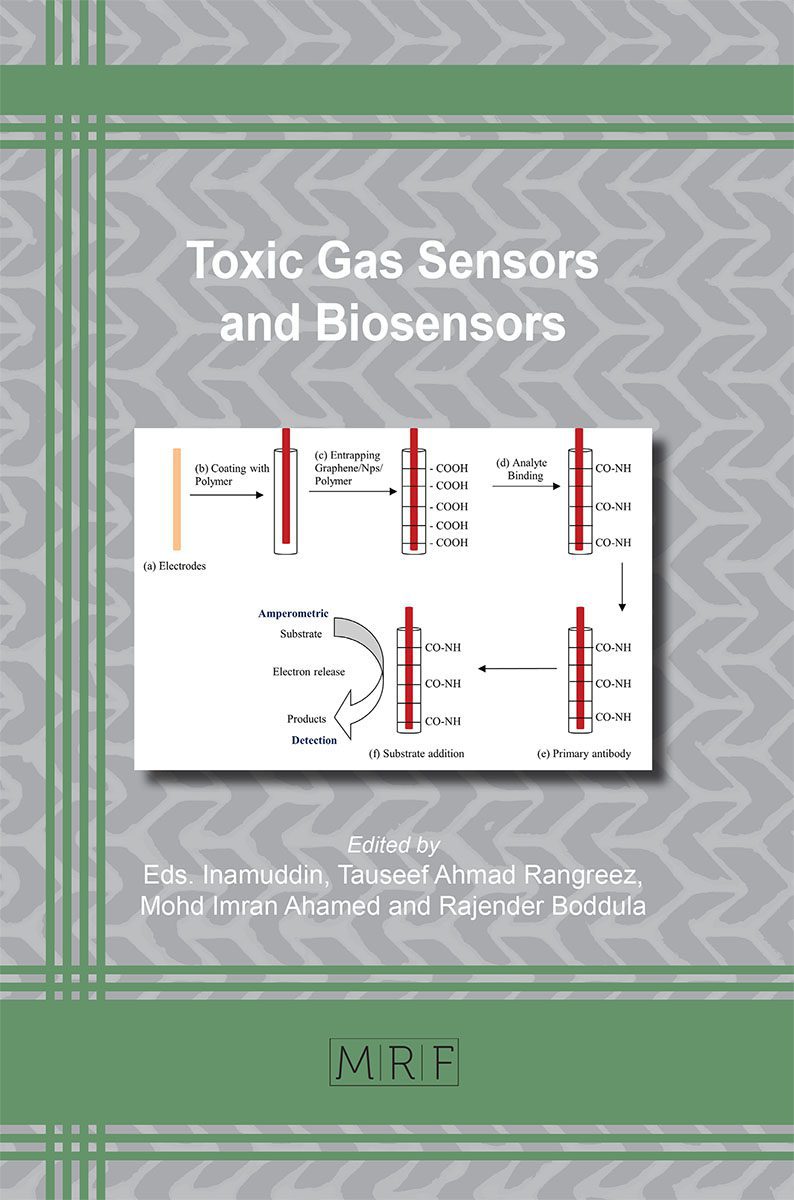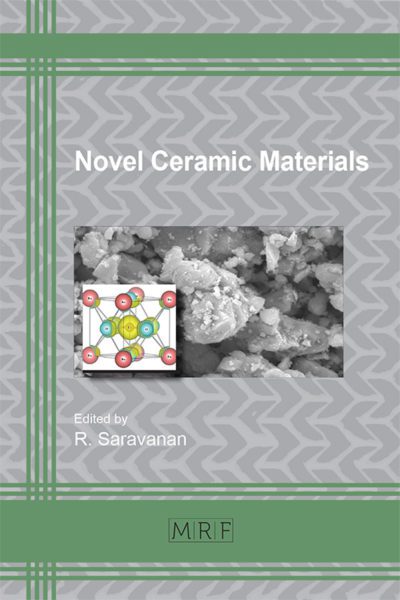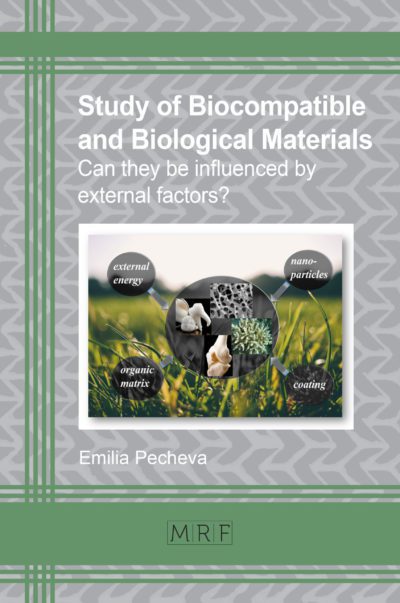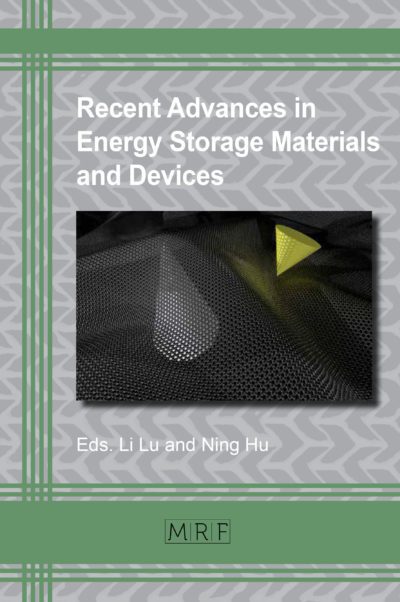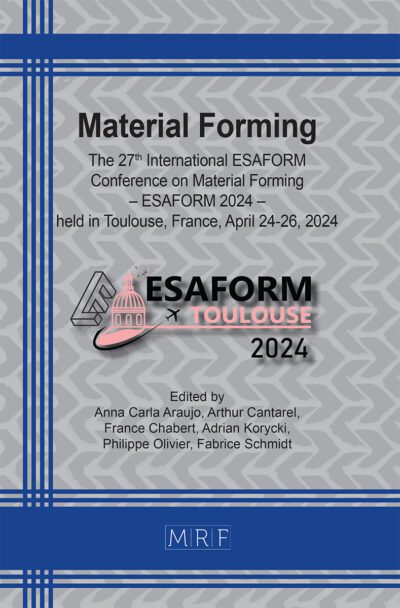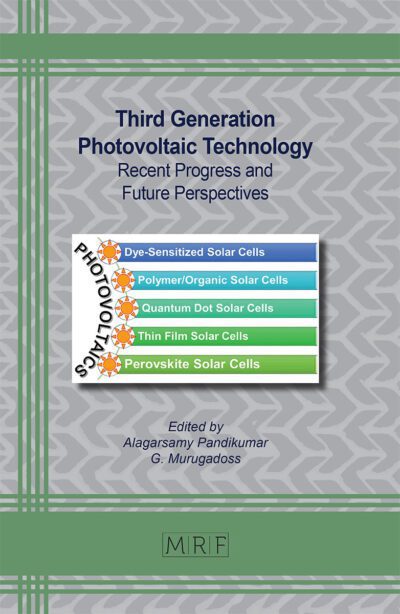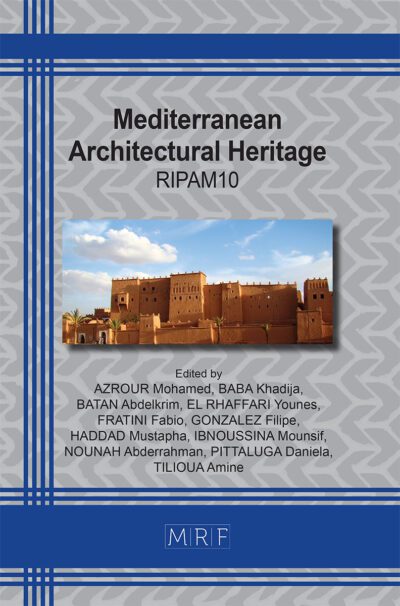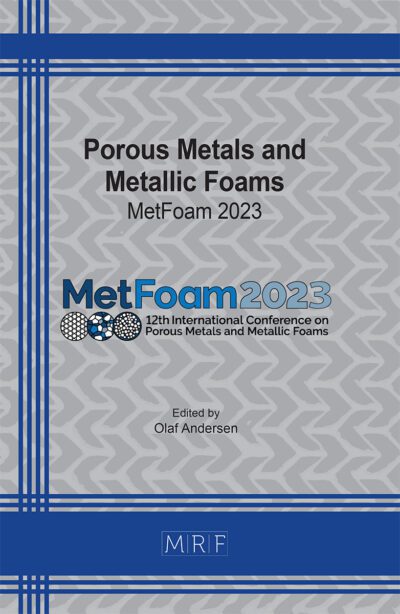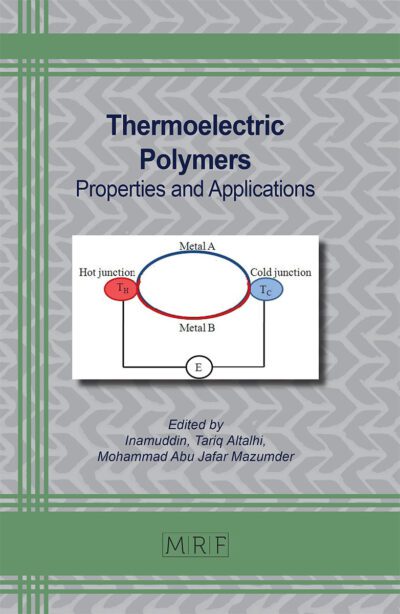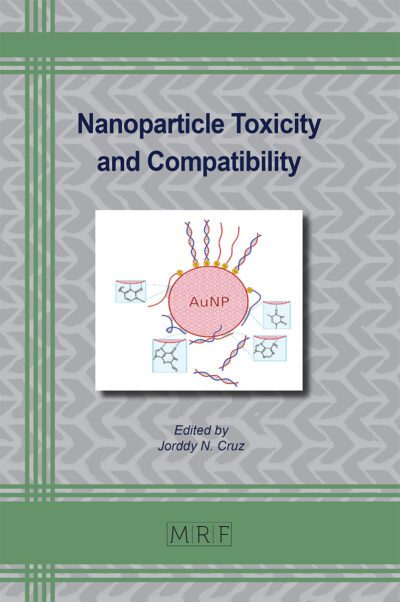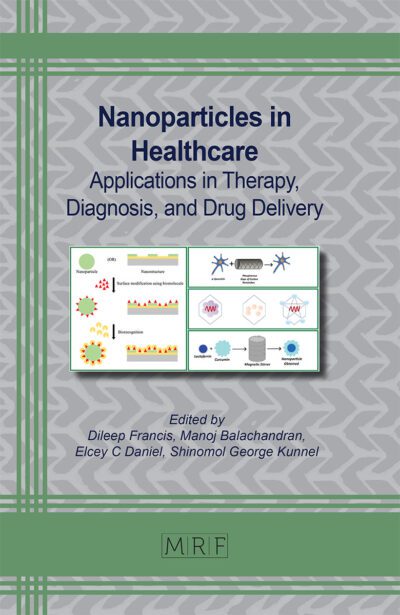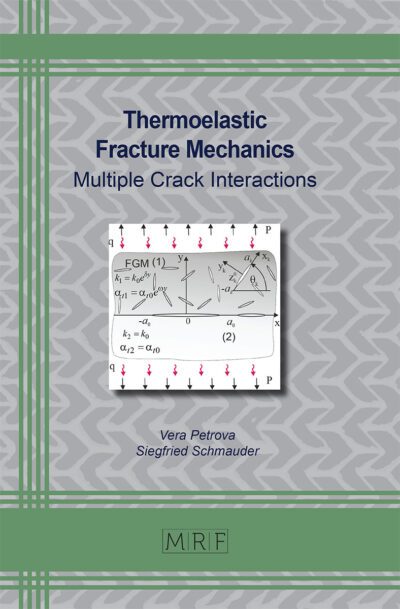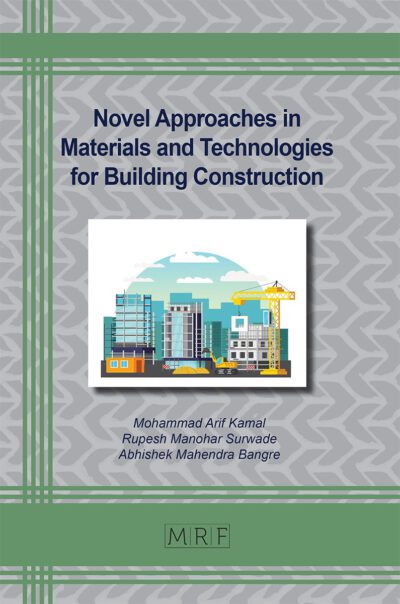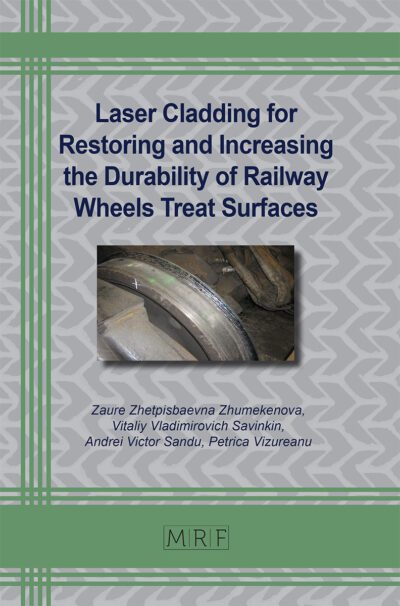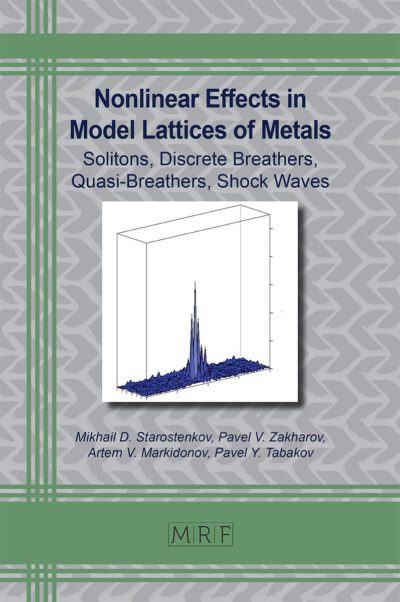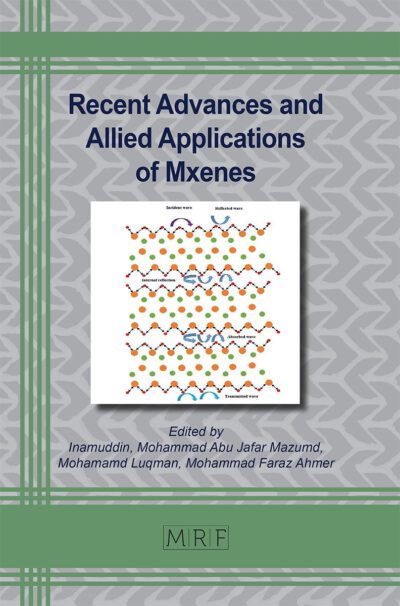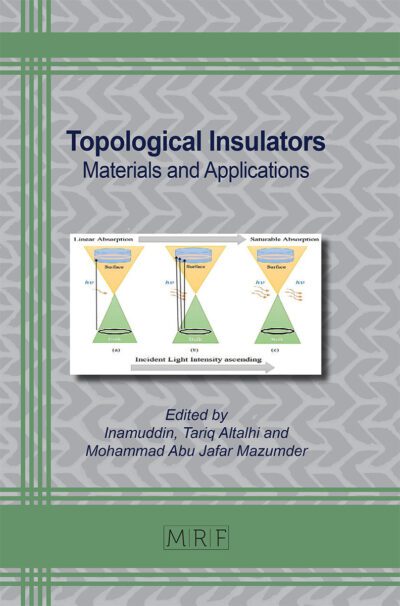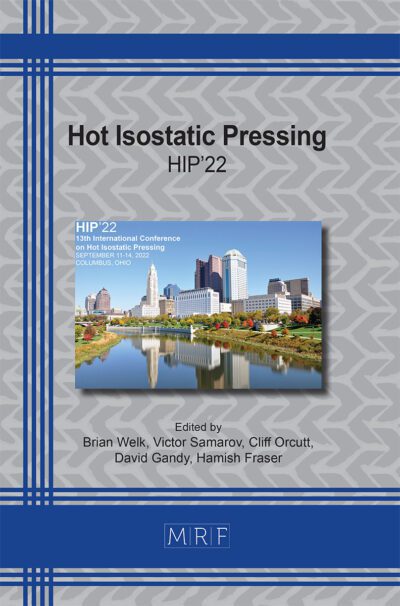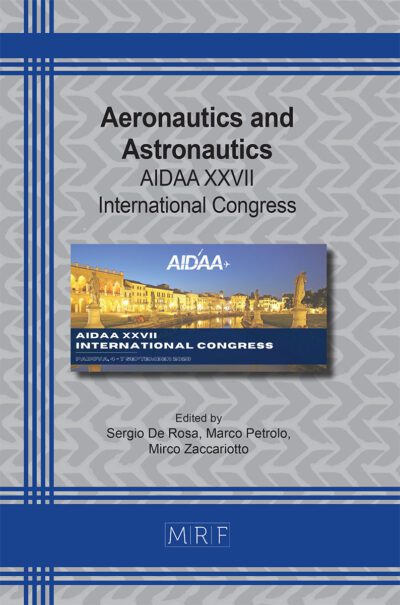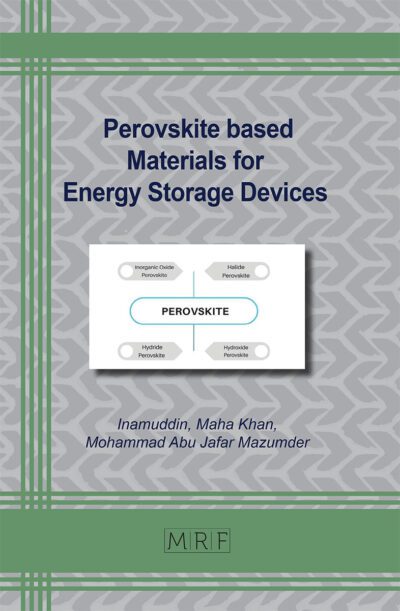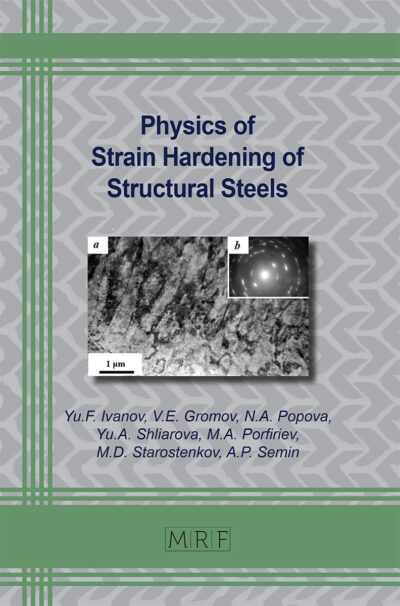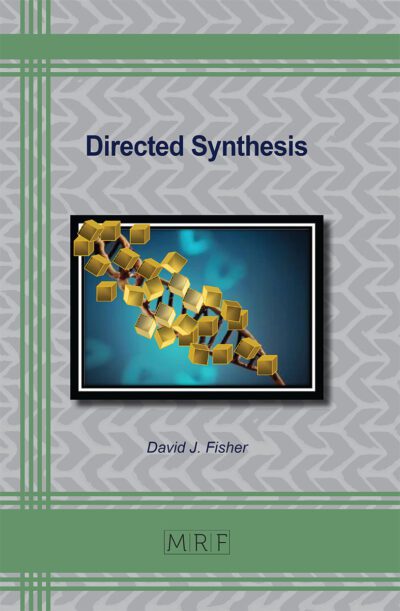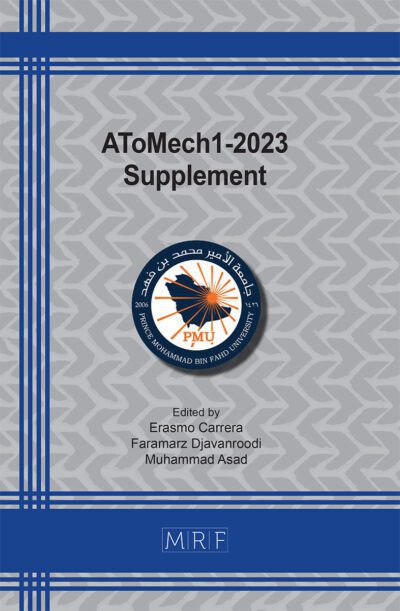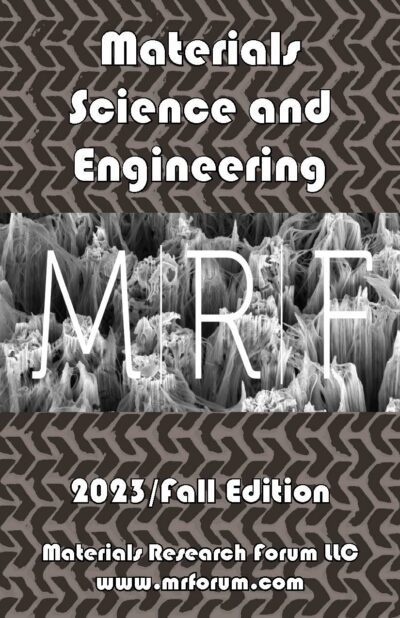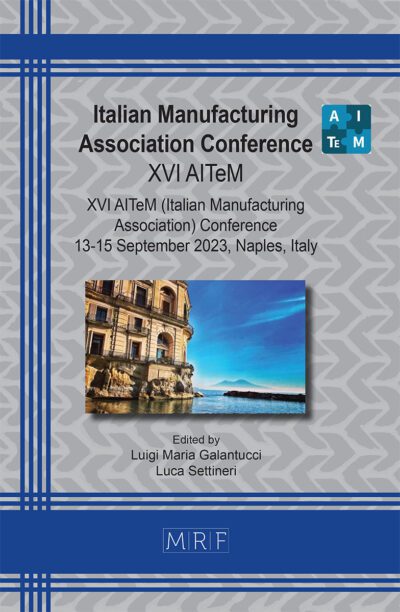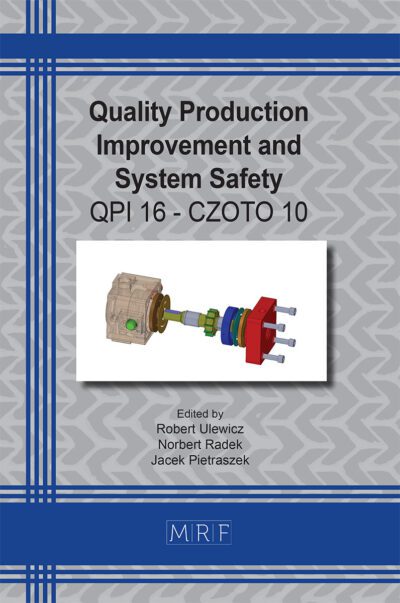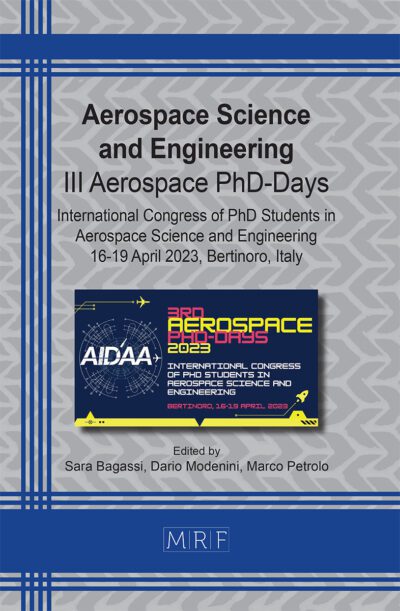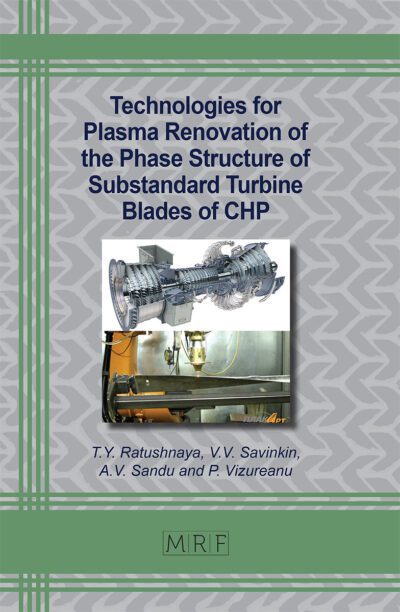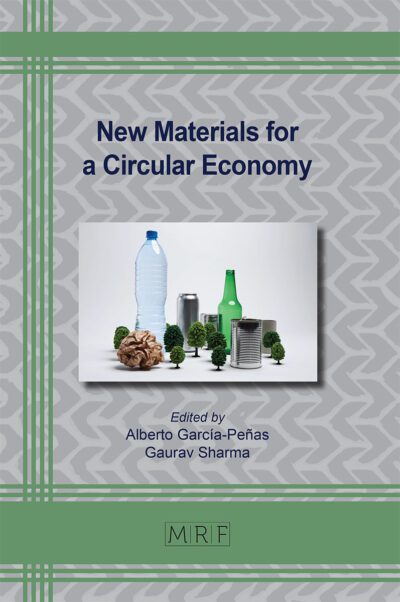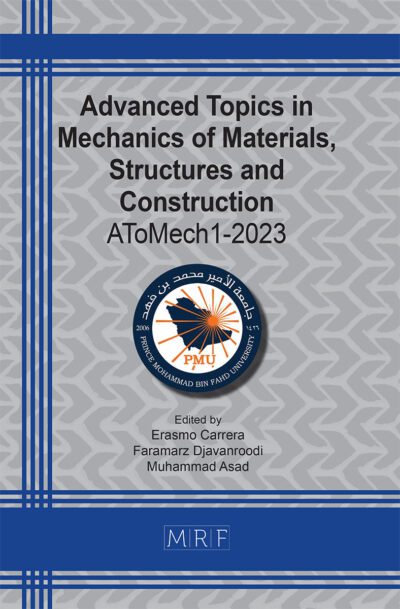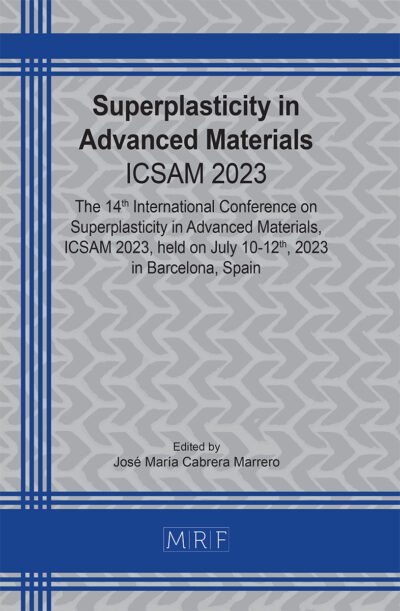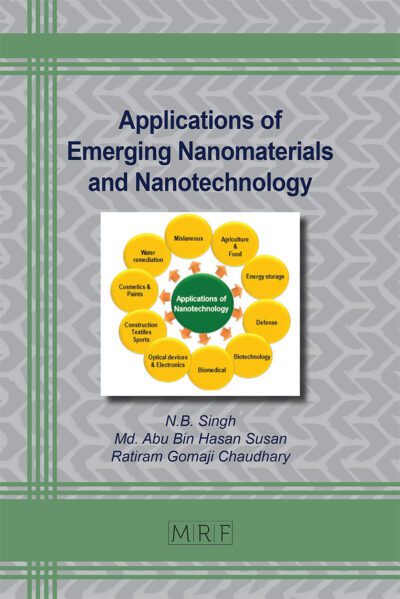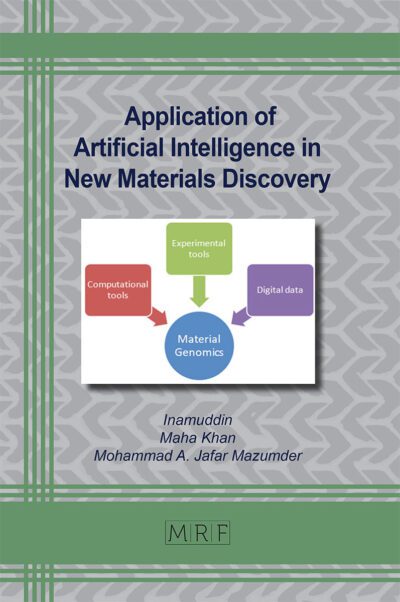Toxic Gas Sensors and Biosensors
Eds. Inamuddin, Tauseef Ahmad Rangreez, Mohd Imran Ahamed and Rajender Boddula
Materials Research Foundations Vol. 92
Publication Date 2021, 252 Pages
Color Print ISBN 978-1-64490-116-8 (release date February 2021)
ePDF 978-1-64490-117-5
DOI: 10.21741/9781644901175
The book focuses on novel sensor materials and their environmental and healthcare applications, such as NO2 detection, toxic gas and biosensing, hydrazine determination, glucose sensing and the detection of toxins and pollutants on surfaces. Materials covered include catalytic nanomaterials, metal oxides, perovskites, zeolites, spinels, graphene-based gas sensors, CNT/Ni nanocomposites, glucose biosensors, single and multi-layered stacked MXenes, black phosphorus, transition metal dichalcogenides and P3OT thin films.
Keywords
Toxic Gas Sensors, Biosensors, Nitrogen Dioxide Detection, Hydrazine Determination, Glucose Sensing, Catalytic Nanomaterials, Metal Oxides, Perovskites, Zeolites, Spinels, Graphene-based Gas Sensors, CNT/Ni Nanocomposites, Mxenes, Black Phosphorus, Transition Metal Dichalcogenides, P3OT Thin Films
flyer
Google Preview
Table of Contents
Nitrogen Dioxide Sensing Technologies
Shabbir Hussain, Khalida Nazir, Ata-ur-Rehman, Syed Mustansar Abbas
Carbon Materials for Gas and Bio-Sensing Applications Beyond Graphene
Ria Majumdar, Pinku Chandra Nath
2D Materials for Gas and Biosensing Applications
Maneesh Kumar Singh, Narendra Pal, Sarika Pal, Y.K. Prajapati, J.P. Saini
MXenes for Gas and Biological Sensor
Sze-Mun Lam, Zeeshan Haider Jaffari, Yit-Thai Ong, Jin-Chung Sin, Hua Lin, Haixiang Li, Honghu Zeng
Hydrazine Sensing Technologies
Muhammad Inam Khan, Muhammad Tayyab, Muhammad Mudassir Hassan, Nawshad Muhammad, Awais Ahmad, Muhammad Tariq, Abdur Rahim
Graphene Nanostructures as Nonenzymatic Glucose Sensor
M. Saha, J. Debbarma
Toxins and Pollutants Detection on Biosensor Surfaces
Amal I. Hassan, Hosam M. Saleh
Colorimetric and Fluorometric Sensor Arrays
A. Kantürk Figen, Y. Basaran Elalmis, B. Coşkuner Filiz
About the Editors
Dr. Inamuddin is working as Assistant Professor at the Department of Applied Chemistry, Aligarh Muslim University, Aligarh, India. He obtained Master of Science degree in Organic Chemistry from Chaudhary Charan Singh (CCS) University, Meerut, India, in 2002. He received his Master of Philosophy and Doctor of Philosophy degrees in Applied Chemistry from Aligarh Muslim University (AMU), India, in 2004 and 2007, respectively. He has extensive research experience in multidisciplinary fields of Analytical Chemistry, Materials Chemistry, and Electrochemistry and, more specifically, Renewable Energy and Environment. He has worked on different research projects as project fellow and senior research fellow funded by University Grants Commission (UGC), Government of India, and Council of Scientific and Industrial Research (CSIR), Government of India. He has received Fast Track Young Scientist Award from the Department of Science and Technology, India, to work in the area of bending actuators and artificial muscles. He has completed four major research projects sanctioned by University Grant Commission, Department of Science and Technology, Council of Scientific and Industrial Research, and Council of Science and Technology, India. He has published 176 research articles in international journals of repute and nineteen book chapters in knowledge-based book editions published by renowned international publishers. He has published 115 edited books with Springer (U.K.), Elsevier, Nova Science Publishers, Inc. (U.S.A.), CRC Press Taylor & Francis Asia Pacific, Trans Tech Publications Ltd. (Switzerland), IntechOpen Limited (U.K.), Wiley-Scrivener, (U.S.A.) and Materials Research Forum LLC (U.S.A). He is a member of various journals’ editorial boards. He is also serving as Associate Editor for journals (Environmental Chemistry Letter, Applied Water Science and Euro-Mediterranean Journal for Environmental Integration, Springer-Nature), Frontiers Section Editor (Current Analytical Chemistry, Bentham Science Publishers), Editorial Board Member (Scientific Reports-Nature), Editor (Eurasian Journal of Analytical Chemistry), and Review Editor (Frontiers in Chemistry, Frontiers, U.K.) He is also guest-editing various special thematic special issues to the journals of Elsevier, Bentham Science Publishers, and John Wiley & Sons, Inc. He has attended as well as chaired sessions in various international and national conferences. He has worked as a Postdoctoral Fellow, leading a research team at the Creative Research Initiative Center for Bio-Artificial Muscle, Hanyang University, South Korea, in the field of renewable energy, especially biofuel cells. He has also worked as a Postdoctoral Fellow at the Center of Research Excellence in Renewable Energy, King Fahd University of Petroleum and Minerals, Saudi Arabia, in the field of polymer electrolyte membrane fuel cells and computational fluid dynamics of polymer electrolyte membrane fuel cells. He is a life member of the Journal of the Indian Chemical Society. His research interest includes ion exchange materials, a sensor for heavy metal ions, biofuel cells, supercapacitors and bending actuators.
Dr. Tauseef Ahmad Rangreez is working as a postdoctoral fellow at National Institute of Technology, Srinagar, India. He completed his Ph.D in Applied Chemistry, from Aligarh Muslim University, Aligarh, India on the topic “Development of Nanostructure Organic-Inorganic Composite Materials based Sensors for Inorganic Pollutants”. He worked as a Project Fellow under the UGC Funded Research Project entitled “Development of Nanostructured Conductive Organic Inorganic Composite Materials based sensors Functionalities for Organic and Inorganic Pollutants”. He completed his Masters in Chemistry from Jamia Hamdard, New Delhi. He has published several research articles of international repute. He has edited various books with Springer and Materials Research Forum LLC, U.S.A. His research interest includes ion exchange chromatography, development of nanocomposite sensors for heavy metals and biosensors.
Dr. Mohd Imran Ahamed received his Ph.D degree on the topic “Synthesis and characterization of inorganic-organic composite heavy metals selective cation-exchangers and their analytical applications”, from Aligarh Muslim University, Aligarh, India in 2019. He has published several research and review articles in the journals of international recognition. Springer (U.K.), Elsevier, CRC Press Taylor & Francis Asia Pacific and Materials Research Forum LLC (U.S.A). He has completed his B.Sc. (Hons) Chemistry from Aligarh Muslim University, Aligarh, India, and M.Sc. (Organic Chemistry) from Dr. Bhimrao Ambedkar University, Agra, India. He has co-edited more than 20 books with Springer (U.K.), Elsevier, CRC Press Taylor & Francis Asia Pacific and Materials Research Forum LLC (U.S.A) and Wiley-Scrivener, (U.S.A.). His research work includes ion-exchange chromatography, wastewater treatment, and analysis, bending actuator and electrospinning.
Dr. Rajender Boddula is currently working with Chinese Academy of Sciences-President’s International Fellowship Initiative (CAS-PIFI) at National Center for Nanoscience and Technology (NCNST, Beijing). He obtained Master of Science in Organic Chemistry from Kakatiya University, Warangal, India, in 2008. He received his Doctor of Philosophy in Chemistry with the highest honours in 2014 for the work entitled “Synthesis and Characterization of Polyanilines for Supercapacitor and Catalytic Applications” at the CSIR-Indian Institute of Chemical Technology (CSIR-IICT) and Kakatiya University (India). Before joining National Center for Nanoscience and Technology (NCNST) as CAS-PIFI research fellow, China, worked as senior research associate and Postdoc at National Tsing-Hua University (NTHU, Taiwan) respectively in the fields of bio-fuel and CO2 reduction applications. His academic honors include University Grants Commission National Fellowship and many merit scholarships, study-abroad fellowships from Australian Endeavour Research Fellowship, and CAS-PIFI. He has published many scientific articles in international peer-reviewed journals and has authored around twenty book chapters, and he is also serving as an editorial board member and a referee for reputed international peer-reviewed journals. He has published edited books with Springer (UK), Elsevier, Materials Research Forum LLC (USA), Wiley-Scrivener, (U.S.A.) and CRC Press Taylor & Francis group. His specialized areas of research are energy conversion and storage, which include sustainable nanomaterials, graphene, polymer composites, heterogeneous catalysis for organic transformations, environmental remediation technologies, photoelectrochemical water-splitting devices, biofuel cells, batteries and supercapacitors.

